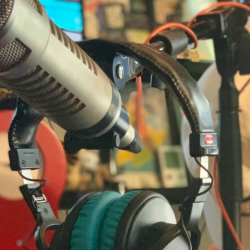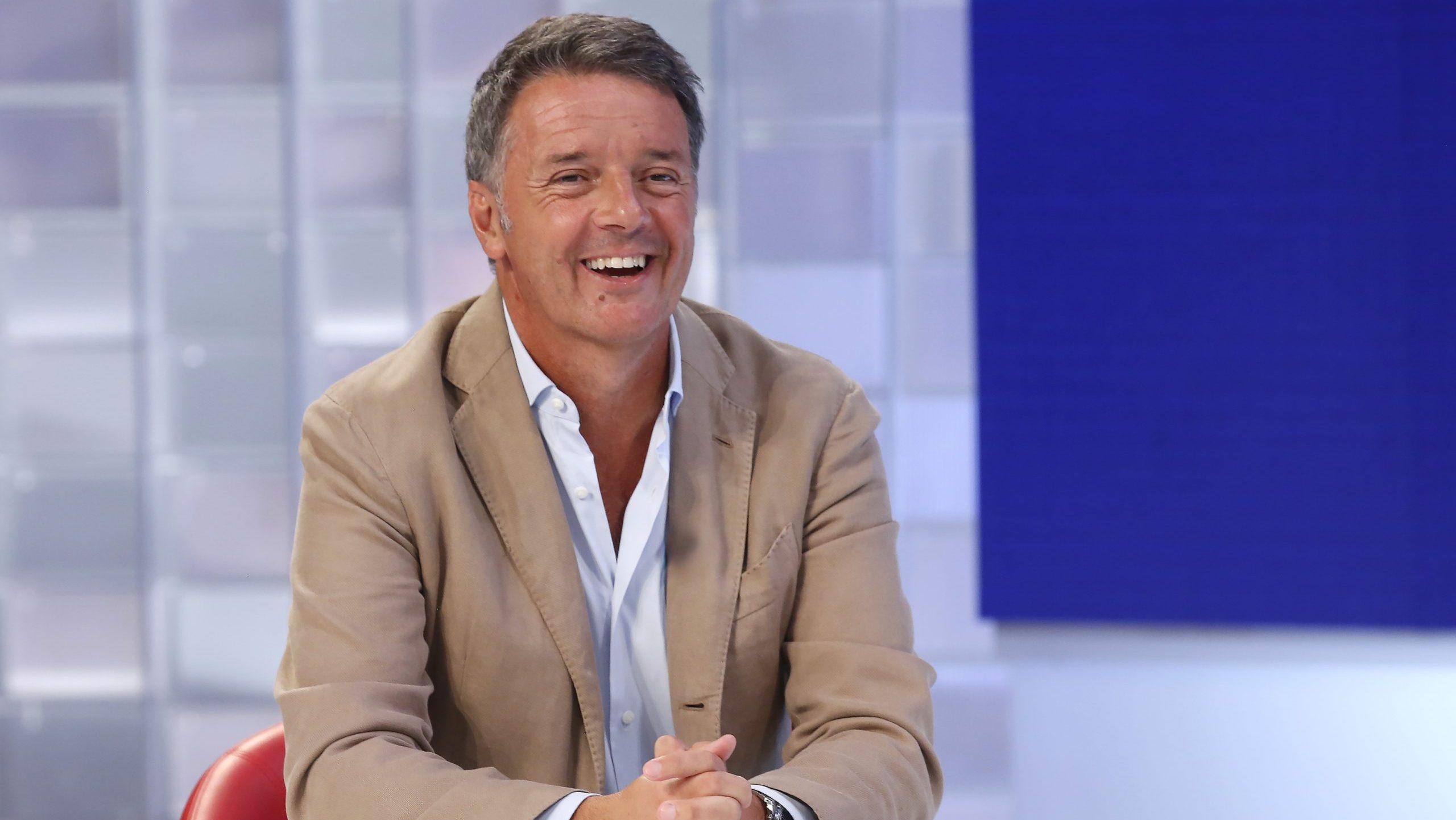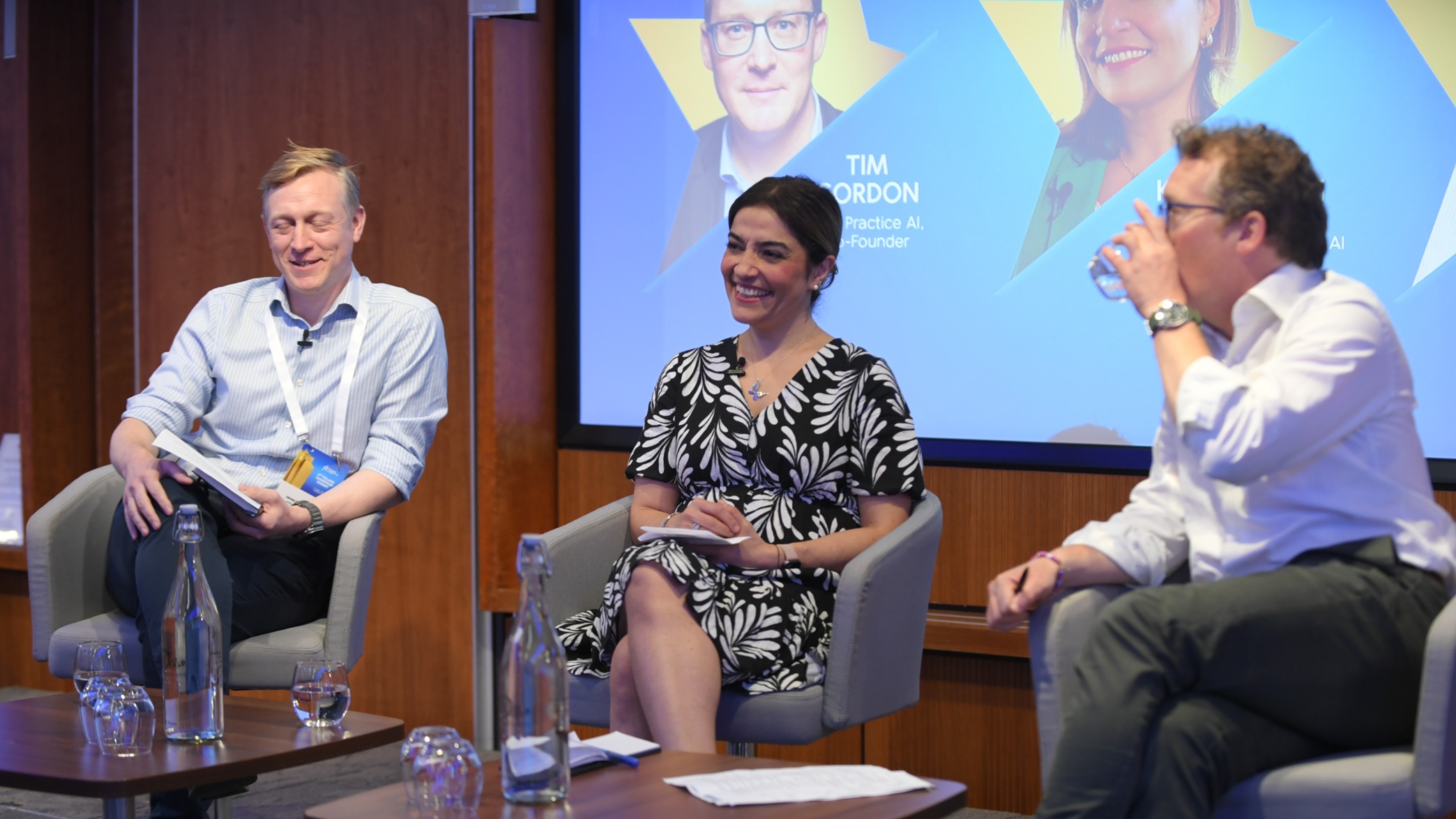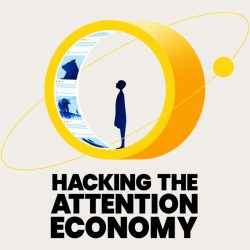I was a bit surprised to find myself disagreeing with Oscar Wilde’s claim that “with age comes wisdom” until I read his all important caveat “but sometimes age comes alone”.
That’s a statement you would have to be a fool to disagree with — we’ve all met older people who have seen and done everything but somehow kept their mind closed and learned nothing along the way. From the anecdotal father-in-law who refuses to believe global warming is real because he put a cardigan on one day last July, to cold hard statistics,, such as over 65s being twice as likely to vote in favour of Brexit than under 25s, in spite of every economist saying it was a terrible move for Britain. If Oscar Wilde reappeared in 2022 he might be tempted to revise his caveat to say “but too bloody often age comes alone”.
At the same time, a bit of respect for the wisdom of the aged does have a place in our industry, which historically fed on the newness and cutting-edge thinking of young people, who were not yet stuck in their ways.
A great agency environment has a diverse range of ages and, equally important, a culture which encourages respect and open dialogue. This means not only do less experienced team members feel safe asking for advice from those in senior roles, their managers are equally comfortable getting help and feedback from their staff. Recently for me, that has meant asking my assistant, who is in her 20s, for advice when I’ve had challenges culturally within the agency. She has her ear to the ground more than me, and I know she’s sensitive and trust her to give me a good steer.
My boss also seems wise (I think he’s younger than me, but I’m not sure). He’s got that skill of, when I ask him for advice, somehow helping me to make my own decision rather than telling me what to do. Instead of imposing his opinions, he’s very much about empowering and guiding his team — that’s all about attitude, not age.
Depending on which humans you listen to, it can feel as though the world is getting dumber by the year
In our work we spend a lot of time thinking about consumer attitudes, and while we don’t measure whether or not one age group is smarter or wiser, it gives you another perspective. Of course the fundamentals stay the same — our motivations, our desire to look after our families and loved ones — but the proliferation of choice means there’s more nuance to our decision making. We don’t just go to the nearest supplier or buy the cheapest option, we pay attention to what brands stand for and pick those aligned with our own values.
This is good when it comes to the brands we buy, but it seems as if a lot of people now apply this thinking to decisions they make about healthcare or at the ballot box — and if they’re people who like to think they are informed, they can pick and choose the information that supports their decision.
It seems like a paradox that with more access to information and opportunities to experience the world, we don’t seem to be getting smarter. But I think that just goes to show what wisdom is, and what it isn’t. To me, it’s not about the experiences you’ve had or the facts you’ve gleaned; it’s an attitude of openness and never thinking you’ve got nothing left to learn. So let’s introduce a new saying of our own: “Wisdom comes with the understanding that you hardly know anything, but that you’re willing to find out whatever you can”.
Featured image: cottonbro / Pexels
















